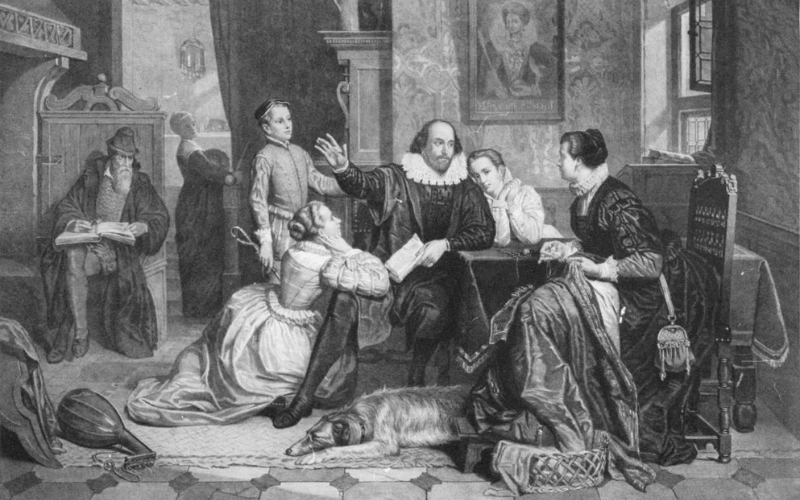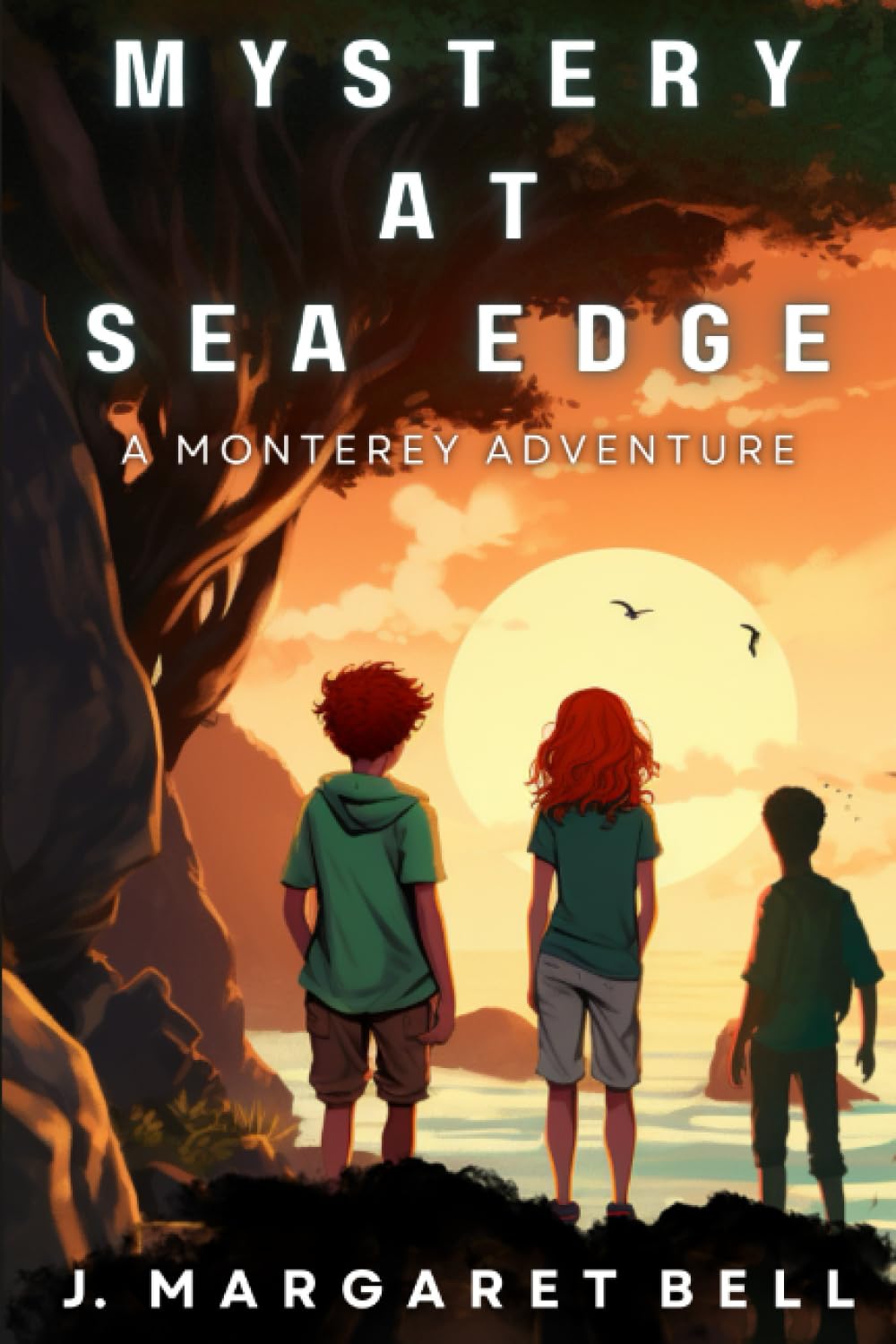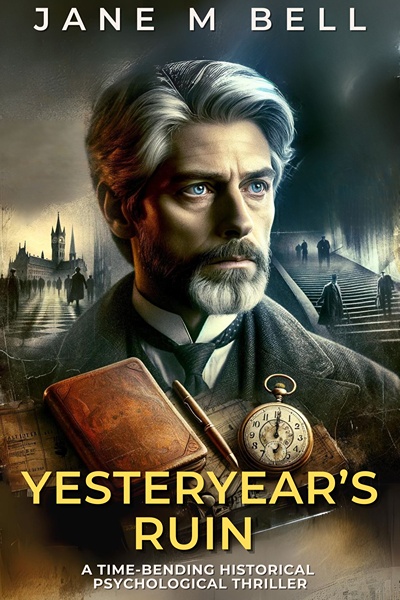While examining manuscripts at Oxford’s Bodleian Libraries, researcher Leah Veronese stumbled upon a handwritten copy of Shakespeare’s “Sonnet 116.” But something was off. As she read the lines, she quickly realized they were dramatically different from the famous version familiar to literature lovers today.
“As I was leafing through the manuscript, the poem struck me as an odd version of ‘Sonnet 116,'” Veronese revealed in a press statement.
The original “Sonnet 116”, published in 1609, famously opens with the lines:
Let me not to the marriage of true minds
Admit impediments; love is not love
Which alters when it alteration finds…
But in this altered version, the lines had been completely rewritten:
Self blinding error seize all those minds
Who with false appellations call that love
Which alters when it alteration finds…
The rewritten sonnet replaces Shakespeare’s opening and concluding couplets, adds seven extra lines, and even includes a musical setting. While these additions may have made the sonnet easier to sing, they also seem to reflect a deeper political motivation—one shaped by the royalist cause during the English Civil War.
Rewriting Shakespeare for Political Gain
The altered sonnet appeared in a 17th-century “miscellany”, a manuscript collection featuring works by multiple authors. This particular miscellany contained several political texts, including references to the English Civil War and banned Christmas carols with hidden royalist messages.
The collection once belonged to Elias Ashmole, a politician and devoted royalist supporter of King Charles I. During the English Civil War (1642–1651), the monarchy and Parliament clashed over power, leaving the country bitterly divided.
- Royalists (also known as Cavaliers) supported King Charles I and the monarchy.
- Parliamentarians (also called Roundheads) fought for a government led by Parliament, aiming to diminish the king’s power.
In this charged climate, the rewritten version of Shakespeare’s sonnet seemingly took on a new symbolic meaning. Instead of praising unwavering romantic love, the revised lines promoted loyalty to the Crown—a reflection of the political constancy and devotion Ashmole and his fellow royalists cherished.
“Shakespeare’s text is transformed from praise of romantic constancy to political constancy,” Veronese explained in an article published in The Review of English Studies.
Challenging Long-Held Beliefs About Shakespeare’s Popularity
For centuries, scholars believed that Shakespeare’s sonnets were not widely popular until the 18th century. When the original sonnets were published in 1609, they were a commercial failure, rarely discussed in popular culture at the time.
However, this newly discovered manuscript challenges that assumption. The existence of a rewritten version in a political collection suggests that Shakespeare’s sonnets were indeed recognized and circulated far earlier than previously thought.
Moreover, the political adaptation reveals how literary works were not static—they were fluid, constantly reinterpreted, and reimagined to fit the shifting cultural and political landscapes of the era.
A Poetic Time Capsule of Turmoil
The rediscovery of this rewritten Sonnet 116 offers far more than a literary curiosity—it provides a window into the turbulent political atmosphere of 17th-century England. It reveals how even Shakespeare’s poetry, celebrated for its timeless themes of love and human nature, could be transformed into a vehicle for political expression.
This extraordinary find challenges long-standing assumptions about the reach and influence of Shakespeare’s works during his time. It also serves as a reminder that literature is never isolated from history—it is shaped by it, wielded by it, and sometimes even rewritten by it.
Don’t forget to tune in…
If you’ve enjoyed this article, there are also articles on recent discoveries off the coast of Greece connected to the ancient city of Asini.
Or my story about a 700 year old statue of Vishnu that washed up on an Indian beach last week!
You can now tune in to the full audio version of this week’s blog here Bells Books Blog Podcast, or it is now available on Amazon Music/Audible, Apple Podcasts, Castbox, Deezer, iHeart Radio, JioSaavn, Podcast Addict, Podchaser, Spotify, and Spreaker.
Thank you for joining me in this week as we explore the recently discovered lost treasures that spark mysteries and rewrite history.
If you’ve enjoyed this article, I encourage you to sign up for my weekly blog. When you do so you will get a free copy of Yesteryear’s Ruin, the prequel to my new Case 47 series.
Until next time, keep your curiosity alive and your imagination ignited— and as always, keep the past alive!





 “Yesteryear’s Ruin” captures the essence of human resilience in the face of unimaginable loss. Through a narrative that weaves together love, despair, and the quest for redemption, this historical psychological thriller invites readers into a world where the past is not merely a memory, but a realm that may hold the key to our deepest desires and darkest fears.
“Yesteryear’s Ruin” captures the essence of human resilience in the face of unimaginable loss. Through a narrative that weaves together love, despair, and the quest for redemption, this historical psychological thriller invites readers into a world where the past is not merely a memory, but a realm that may hold the key to our deepest desires and darkest fears.